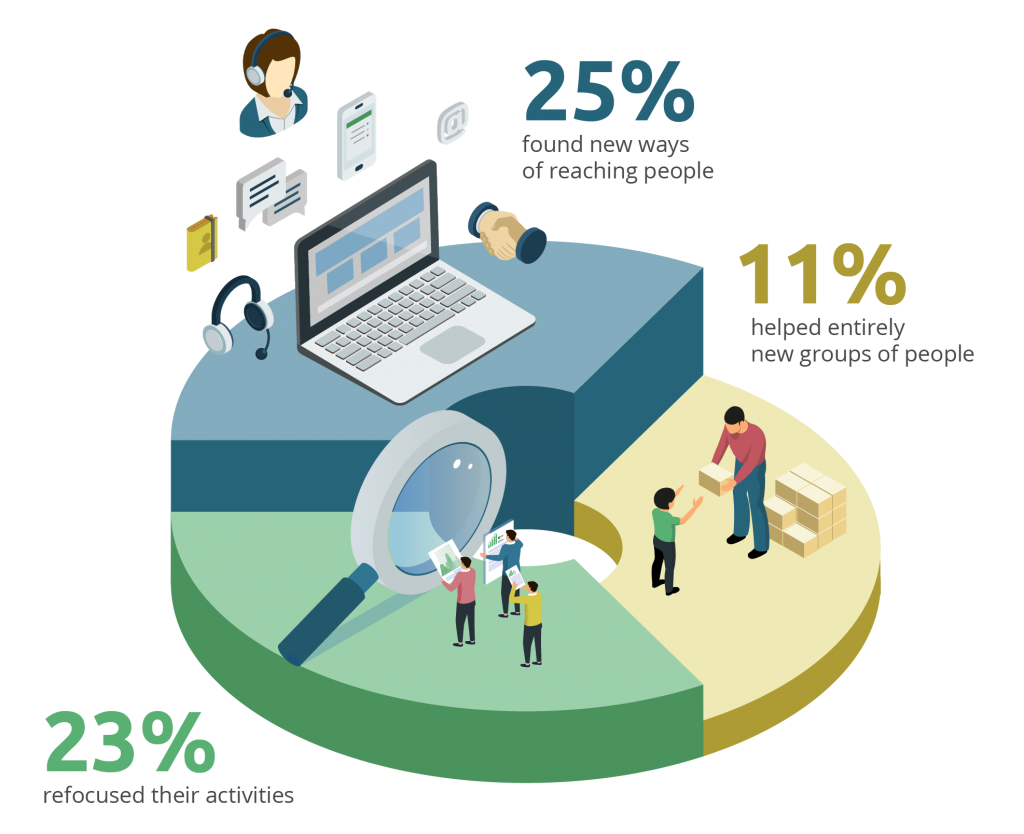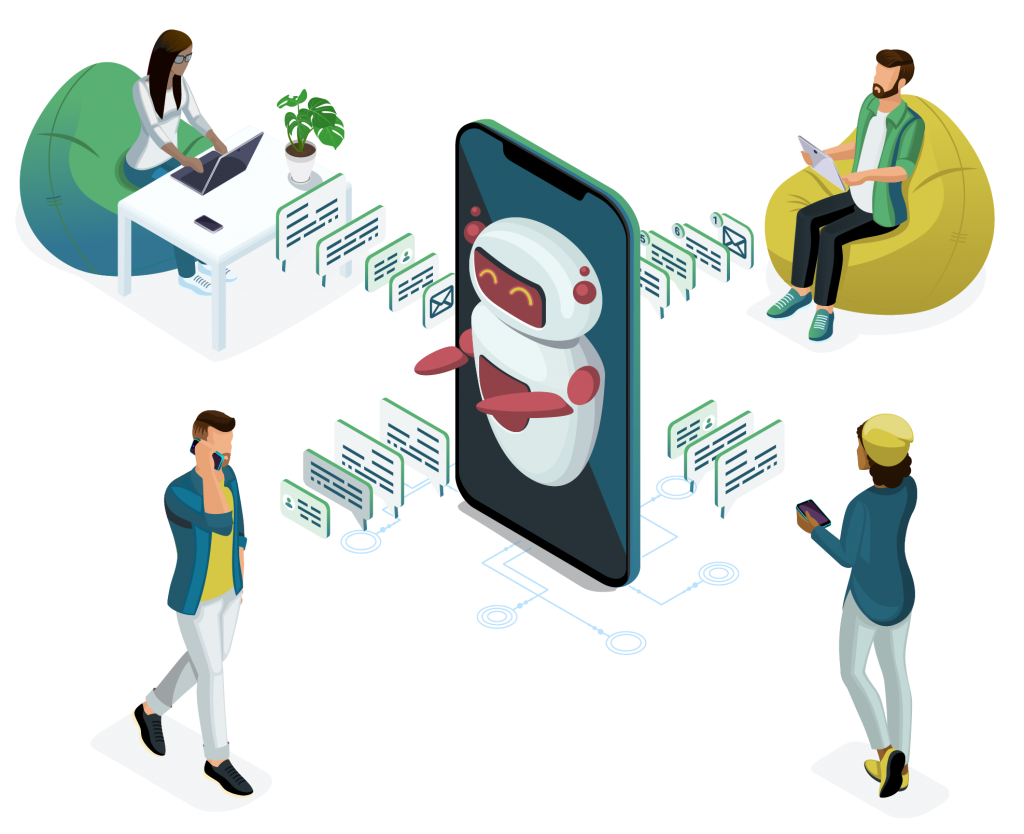5 things charities should prioritise post Covid

The charity sector should be proud of the agility and resilience that so many organisations have demonstrated during the Covid-19 pandemic.
Demand rose, donations dropped – yet many charities found innovative ways to meet the challenges of these extraordinary times.
As we start to emerge from lockdown, the landscape is changing once more. So what should the top five priorities be for charities in our post-Covid society?
1. Adapt your strategies and retarget your groups
This is a time for regrouping and rethinking – and charities are doing just that.

Research from the Charities Aid Foundation (CAF) found that during lockdown, 23% of charities had refocused their activities, 25% had found new ways of reaching people, and 11% had helped entirely new groups of people.
Some 8% had found new ways of fundraising, with the same proportion gaining new sources of income.
That’s a truly impressive response from the sector in exceptionally challenging times.
2. Think of digital fundraising ideas and enable digital payments
For charities, the spring and summer months usually mean events fundraising, such as Cancer Research UK’s (CRUK) Race for Life. Sadly, not this year.
However, CRUK was able to respond to the pandemic by launching its virtual Race for Life at Home campaign. Not only did it raise £100,000, it also brought people together online at this time of crisis.
CAF found that three in five charities were able to take digital donations during lockdown with digital funding ideas, with 41% able to do so through their own website. Clearly, these figures need to rise further – and fast.
3. Get on the digital front foot
In fact, the Covid-19 crisis has accelerated the charity sector’s move to digital, including remote working, digital fundraising and online service provision, according to a new report.
The 2020 Charity Digital Skills report found that some 66% of charities were delivering all work remotely during lockdown.
The report’s authors said: “Boosting digital skills and capability will be central in bolstering the resilience of the sector through recovery as civil society continues to play a vital role in helping tackle the challenges and opportunities that lie ahead.”

One technology that Connect Assist uses to great effect is chatbots. These open up channels for supporters and service users who want to self-serve, freeing up human advisors for trickier queries.
4. Improve accessibility and digital inclusion
Many charities are understandably wary that a move to digital could alienate some clients, especially those with disabilities.
As our recent blog explains: ‘For many people with disabilities, lockdown has meant increased isolation. Poor software accessibility features and the reconfiguration of public spaces have compounded the usual issues that disabled people face in everyday life.”

So it’s vital that charities meet the new digital accessibility standards to ensure that everyone can participate in online activities.
At Connect Assist, we have developed Oracle Digital Assistants with voice recognition capabilities, widening access for those who lack technological skills or have certain disabilities.
5. Find the best charities to partner with
Collaborations, when charities work together, are a great way to make dwindling finances go further, as well as share expertise. According to the CAF research, 18% of charities embarked on new collaborations during lockdown.
 Mind, for example, teamed up with The Samaritans and others to create Our Frontline, a mental health platform for key workers. And industry charities such as The Drinks Trust won widespread corporate support to provide a hardship fund for laid-off workers.
Mind, for example, teamed up with The Samaritans and others to create Our Frontline, a mental health platform for key workers. And industry charities such as The Drinks Trust won widespread corporate support to provide a hardship fund for laid-off workers.
For people with Alzheimer’s, lockdown has been both bewildering and isolating, with normal services being cut. The Utley Foundation and the Alzheimer’s Society both use music to enrich the lives of people with dementia, and worked together during lockdown on online groups.
Neil Utley of the Utley Foundation said: “Charities have been hit hard financially during the coronavirus pandemic, and it is therefore now more important than ever that organisations focus, streamline their work and collaborate where values and objectives align.”
Meanwhile, the We Are Undefeatable initiative brought together several health charities, including Mind and Versus Arthritis, to support people with long-term health conditions in becoming more active.
Connect Assist provides consultancy and contact centre services for several such networks, often acting as the glue that binds them together.
Many non-profits have a mountain to climb in the coming years. But we believe that the sector has already shown it has the innovative mindset and collaborative spirit to succeed.







